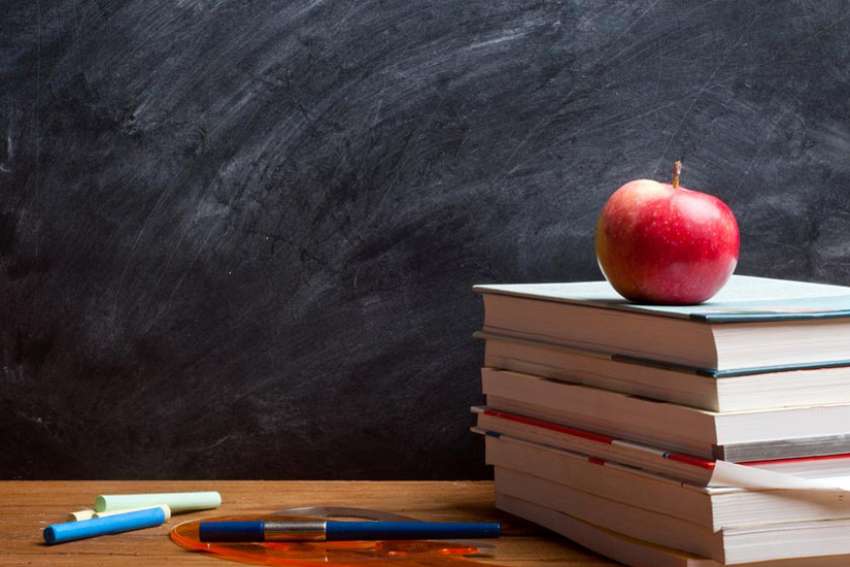At some point, although no one knows when, students and teachers will return to brick-and-mortar schools and there will be calls for an immediate resumption of normal practices. But I believe it will be anything but normal.
When students and staff do return, they will have experienced a global pandemic. They may have lost family members, friends or neighbours. For some, the pandemic will have meant watching helplessly as loved ones struggled or died alone. Many will be coping with economic challenges and households in which parents lost their jobs.
Students have faced great uncertainty, constant anxiety and cold fear, but they also witnessed great heroism. So it will be anything but normal when schools reopen. It would be daft to expect otherwise.
School boards will develop plans along with the Ministry of Education to address these concerns during the gradual reopening of schools. But, in addition, Catholic schools will have to address the virtue and the theological notions of accompaniment and hope. Pope Francis speaks about this often, but it has become important that educators understand this blessing as they are called in coming days to accompany their students and foster hope.
Early in his pontificate, Pope Francis referred to the mission of the Church as being a “field hospital” that must care for the wounded. “This is the mission of the Church: to heal the wounded hearts, to open doors, to free people, to say that God is good, God forgives all, that God is tender, that God is always waiting for us,” he said.
That same thinking should be applied to our schools. They will become like field hospitals as they tend to students and staff who have witnessed the tragedy of recent months. Even before the pandemic, several surveys indicated high levels of anxiety and depression among students. One can only assume the situation has worsened.
Prioritizing ways to accompany students after the pandemic crisis will be essential and also very telling about the nature of Catholic education. As Pope Francis reminds us in the apostolic document Evangelii Gaudium, we must have the heart of a missionary that “never closes off, never retreats.” He calls for a “Church that is bruised, hurting and dirty because it’s been out in the streets, rather than a Church that is unhealthy from being confined to his own security” or being caught up in “a web of obsession and procedures.”
Those words can now be applied to our schools.
The Pope has already provided a map to welcome “wounded” students back to school. It is founded on accompaniment, deep listening rather than talking and encouraging a missionary heart. It emphasizes an openness to become “bruised” and “hurting” while walking with students, embracing their doubts, fears and anxiety.
Yes, bring back the academics and the clusters of other enrichment activities that are integral to a rich Catholic school life, but also take time to reflect with students on the deep and unsettling crisis suffered by the worldwide community.
It is vital that we never underestimate the impact of this pandemic on the lives of students. One of the essential reasons for Catholic schools is to provide a different worldview, a different sense of normality, and to encourage that religious, existential questions be asked, discussed and understood. And, above all, to ensure that uncertainty is lived out in hope.
A recent Catholic Register article on the pandemic indicated that no society has ever undergone such a significant event without entering a period of introspection that included contemplation of religious beliefs. That discussion would be at home in a Catholic school, where it could be conducted in a manner that was frank, perhaps volatile but faith-based. The discussion should be welcomed because if questions and anxieties are ignored there is a danger of developing other problems, perhaps in student behaviour or apathy.
Despite these difficult times, there is much to celebrate in Catholic education during Education Week. This year, the celebration will be done virtually and in many other creative ways, drawing on a wealth of resources produced for this week. They will proclaim that we are all in this together.
We are one human family that will have to renew itself and heal. Catholic schools are a place where healing can be supported, where hope can be ignited.
So, yes, let’s celebrate Catholic schools that are ignited in faith and hope and capable of becoming field hospitals for our wounds.
(Kostoff is the Executive Director of OCSOA and co-author of One Home At A Time: Realizing and Living Out Our Domestic Church.)

